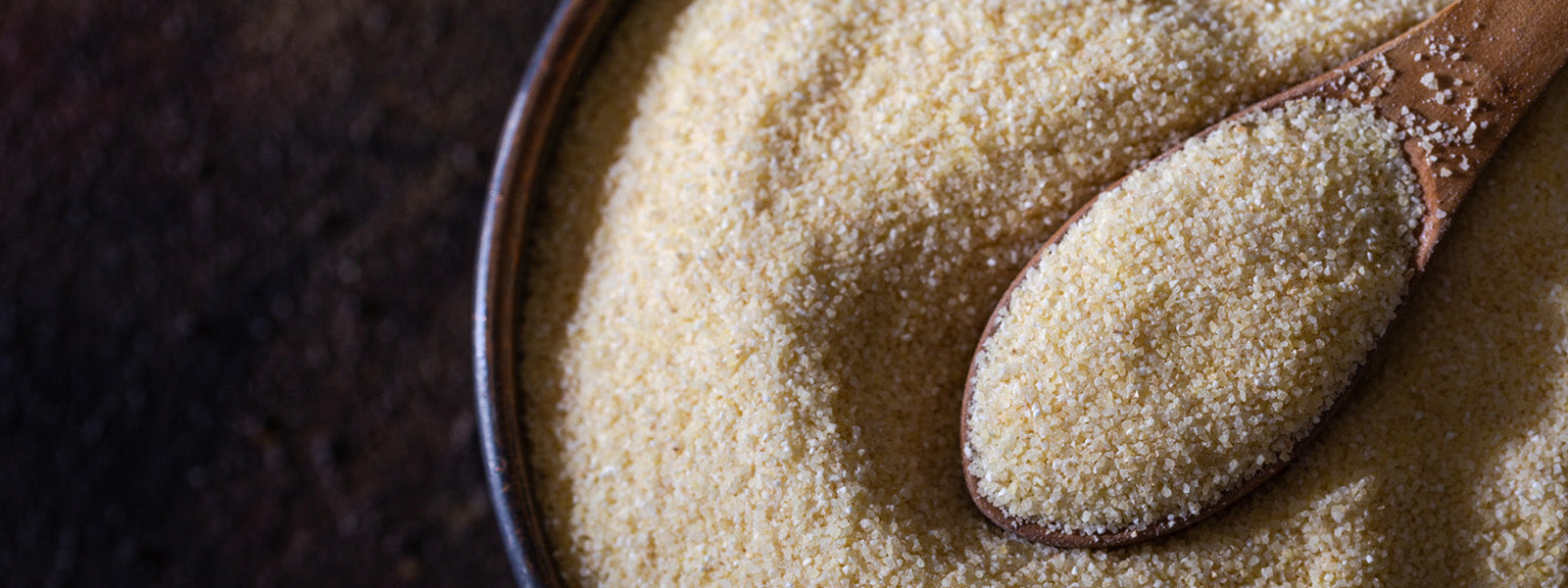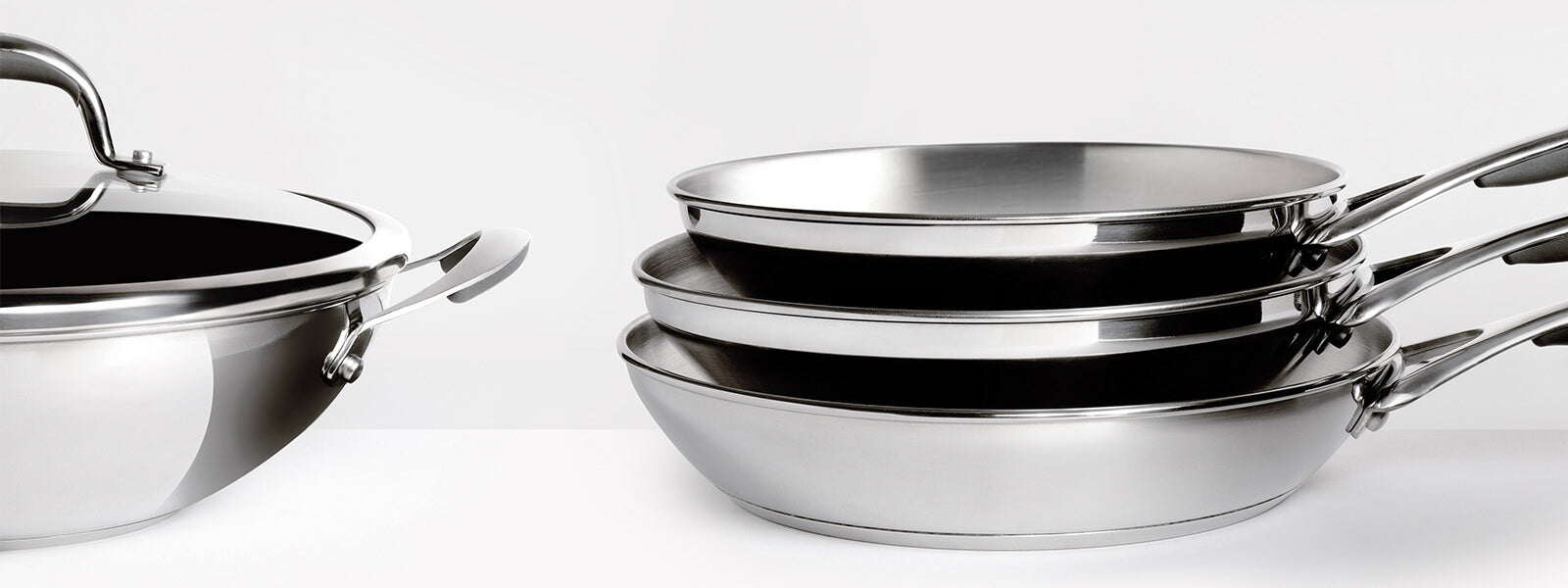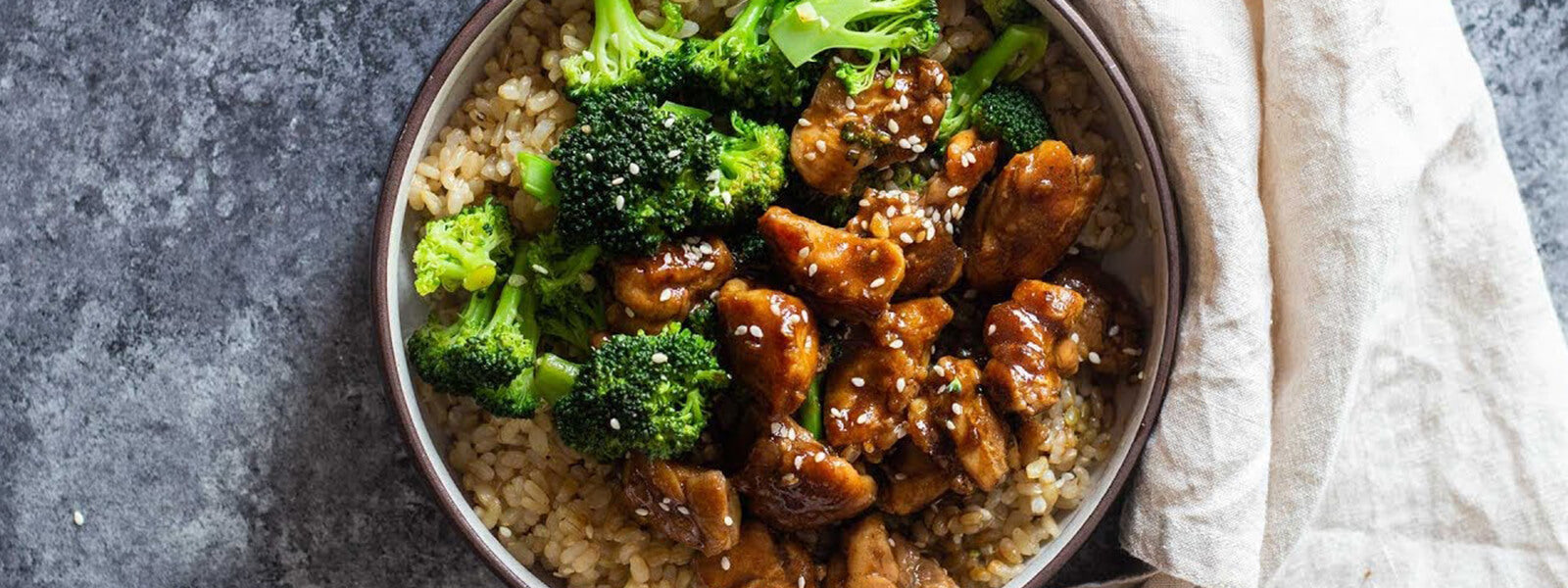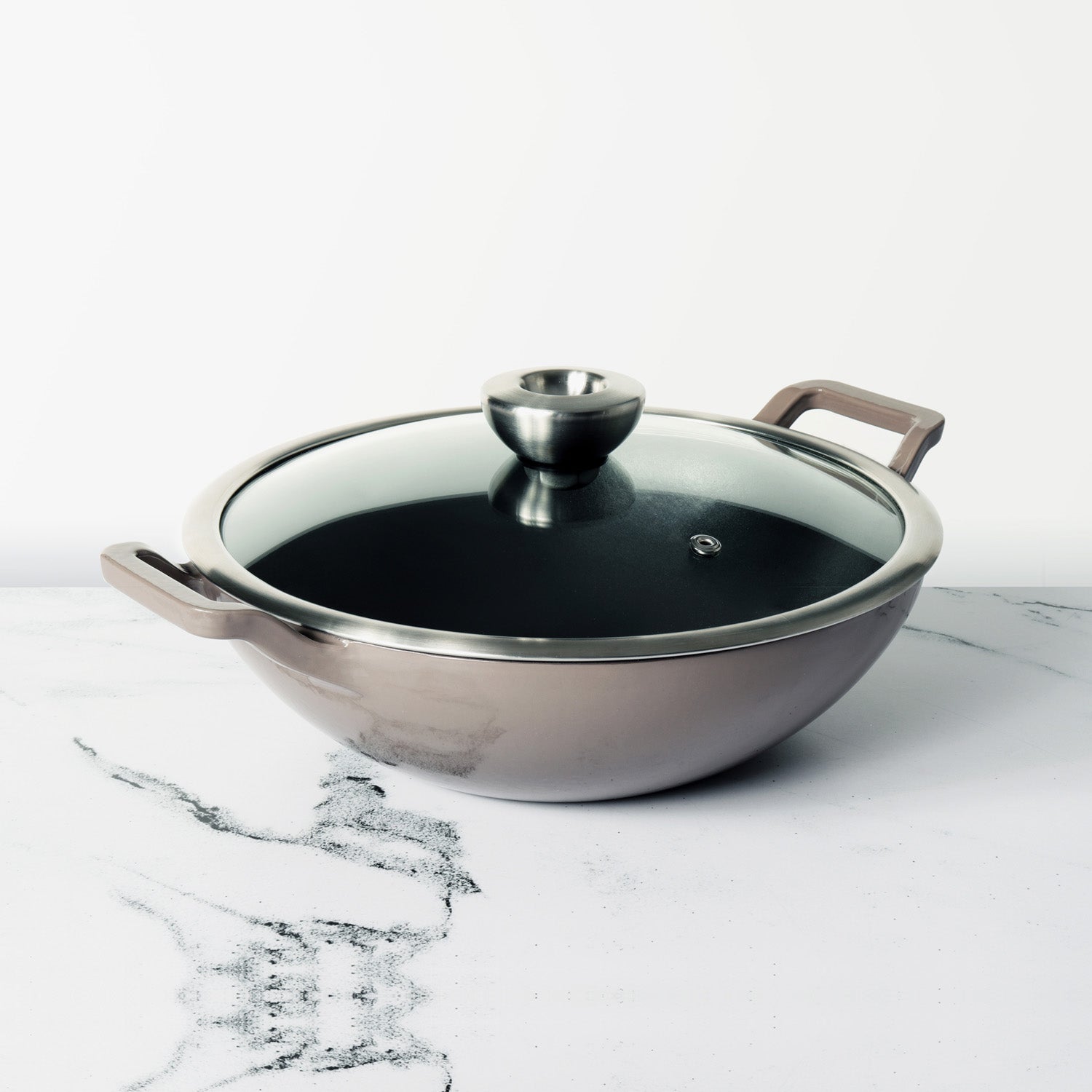Parsley is a versatile herb that can be used to enhance the flavor of a wide variety of dishes. Whether you're looking to add a touch of flavor to your breads and pastas or want to spice up your meat-based recipes, parsley is a great choice. There are three main types of parsley differentiated by the shape of the leaf: curled, flat, hamburg. Each type has its own unique aroma and flavor that can help to make your dish even more delicious. So don't be afraid to experiment with this amazing herb - you might just be surprised at how much it can improve the taste of your favorite recipes! So the next time you're looking to add some flavor to your meal, reach for the parsley instead of the salt shaker.
Most people were not familiar with this wonder herb a few years ago. The magnificent plant has, however, reached Indian palates thanks to the internet. With its perfume and flavor, parsley may enhance the flavor of any delicacy.
Parsley has been used for centuries as a natural remedy for many ailments. It is thought to help with digestion, relieve bloating and gas, and even fight bad breath. Some people believe that parsley can help treat kidney stones and urinary tract infections.
Table of Contents
About Parsley
A Mediterranean native flowering plant, parsley, is frequently referred to as one of the most effective disease-fighting herbs, and it has a wealth of nutritional benefits. The two most popular varieties are Italian flat-leaf and French curly-leaf. A species of flowering plant belonging to the Apiaceae family, parsley is widely farmed as a herb and a vegetable. It is native to the central and eastern Mediterranean region, although it has naturalized elsewhere in Europe.
Parsley, which is used as a dried spice or fresh culinary herb, has been used for many years to treat inflammatory illnesses, allergies, and high blood pressure.
Its vivid green hue and mild, bitter flavor go nicely with a variety of dishes. It is a very aromatic spice with a distinct flavor and is typically used to garnish food.
How to use parsley?
Fresh chopped pairs well with
- Potatoes
- Tomato-based sauces
- Poultry dishes
- Seafood
- Egg dishes
- Grain-based salads
- Add a couple parsley sprigs to your preferred green juice.
- Add a few handfuls of chopped parsley to an omelet, quiche, or frittata to complete it.
- Any homemade salad dressing should include chopped parsley.
Parsley Tea:
Parsley tea is a deliciously calming beverage that can be made without any ado with just boiling water and parsley- fresh or dried.
- A few simple ingredients can be used to make delightful, calming parsley tea.
- In a small pot or saucepan, bring one cup (250 ml) of water to a boil.
- After that, chop up 1/4 cup (15 grams) of fresh parsley that has been rinsed off.
- Use two teaspoons (1 gramme) of dried parsley as an alternative.
- Water should be poured over the dried or fresh parsley at the bottom of the cup, and it should steep for 5 to 10 minutes.
- Before consuming your hot beverage, remove and discard the parsley leaves using a mesh strainer.
Nutrients in Parsley
Parsley is an excellent source of vitamin K, which is essential for healthy bones. Vitamin K is a fat-soluble vitamin that helps with blood clotting and regulating blood calcium levels. Parsley is also a good source of vitamin C, containing more vitamin C than oranges. Additionally, parsley contains antioxidants that are vital in your daily diet. Furthermore, parsley has a high iron content, which is twice that of spinach. As you probably know, leafy greens are considered the ultimate source of iron. So if you include parsley in your diet, you'll be getting your daily dose of iron.
Health benefits of Parsley
Helps you fight against cancer
Parsley is a great source of apigenin, a powerful flavonoid that has been shown to offer cancer-preventative benefits. In fact, research has demonstrated that apigenin can help protect against a wide range of cancers, including lung cancer, ovarian cancer, breast cancer, colorectal cancer and prostate cancer. If you're looking to get the most out of this vital nutrient, aim for dried parsley, as it contains higher concentrations than fresh parsley.
Boosts nerve health
Apigenin is a powerful antioxidant and anti-inflammatory agent found in parsley. This natural compound has shown promise in boosting nerve health and even preventing neurodegenerative diseases like multiple sclerosis, Huntington's disease, Alzheimer's disease and Parkinson's disease by reducing inflammation.
In one study, apigenin was found to be protective against neurotoxicity induced by the pesticide rotenone. Rotenone is known to cause oxidative stress and damage dopaminergic neurons, which leads to the development of Parkinson's disease symptoms. Apigenin was able to prevent this damage and protect the neurons from degeneration.
Improves blood sugar
A particular kind of antioxidant found in these plants aids in lowering blood sugar levels and enhancing pancreatic function. Along with specific antioxidants like flavonoids and carotenoids, it also has anti-inflammatory properties. It aids in lowering high blood pressure, protecting the kidneys' health.
Strengthens bones
Parsley is the best source of vitamin K, making it a top choice for people who frequently struggle with bone health. It maintains bone density and works well with other nutrients like calcium, magnesium, and vitamin D to enhance overall bone health.
Helps in heart health
Iron-rich parsley also raises RBC counts, both of which are necessary for a healthy heart. It contains carotenoid, which lowers risks including high blood pressure and chronic inflammation. Additionally, it reduces bad cholesterol and encourages the creation of good cholesterol.
Aids in digestion
It contains several vitamins and minerals that help with digestion and combat bacteria, preventing many gastrointestinal problems. These spices are also used as a mouth refresher and to lessen foul breath. As it soothes your stomach, this herb is a fantastic choice for use after a meal.
FAQs on Parsley
Q:Is parsley and coriander the same?
A: Culinary herbs parsley and cilantro have a similar appearance but a very different flavour and aroma. The aroma of parsley is pleasant and fresh. Citrusy cilantro has a pungent scent that some people compare to soap.
Q: Is there a substitute for parsley?
A: When it comes to taste, there is no substitute for parsley; however, green herbs like cilantro (coriander leaves) and basil might be comparable.
Q: Is it safe to drink parsley tea every day?
A: The U.S. Food and Drug Administration has classified parsley as generally recognised as safe (GRAS). However, parsley can be hazardous in excessive doses (more than you would ordinarily take in proportions found in food). If you only drink one cup of tea per day, you won't likely eat much parsley.
Conclusion:
Parsley is a fantastic food for weight loss because it contains few calories and many minerals. Your body can benefit greatly from this green spice by having a faster metabolism. Try incorporating parsley into different homemade foods to reap the health benefits of this flavorful herb, or make a detox drink with parsley as the primary ingredient.












Leave a comment